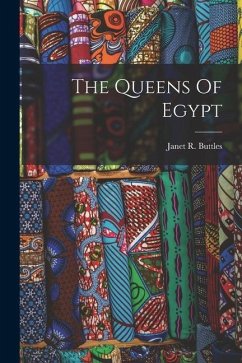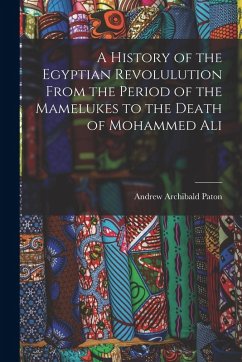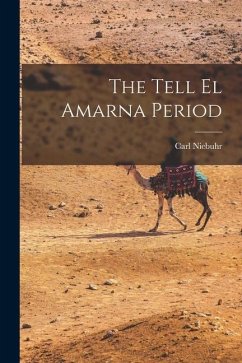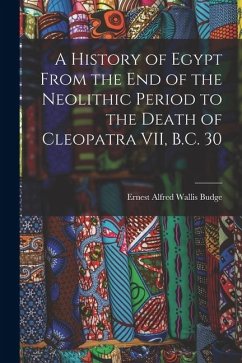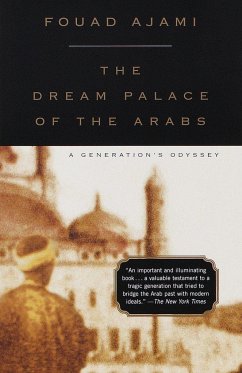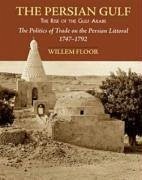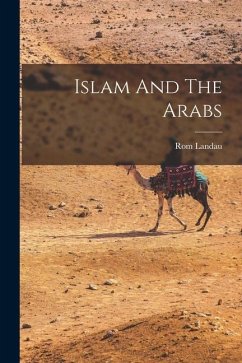Nicht lieferbar

The Queens of the Arabs During the Neo-Assyrian Period
Versandkostenfrei!
Nicht lieferbar
The title "Queen of the Arabs" is applied in Neo-Assyrian texts to five women from the Arabian Peninsula. These women led armies, offered tribute, and held religious roles in their communities from 738 to approximately 651 BCE. This book discusses what the title meant to the women who carried it and to the Assyrians who wrote about them. Whereas previous scholarship has considered the Queens of the Arabs in relation to the military and economic history of the Neo-Assyrian empire, Eleanor Bennett focuses on identity, using gender theory to locate points of the women's alterity in Assyrian sourc...
The title "Queen of the Arabs" is applied in Neo-Assyrian texts to five women from the Arabian Peninsula. These women led armies, offered tribute, and held religious roles in their communities from 738 to approximately 651 BCE. This book discusses what the title meant to the women who carried it and to the Assyrians who wrote about them. Whereas previous scholarship has considered the Queens of the Arabs in relation to the military and economic history of the Neo-Assyrian empire, Eleanor Bennett focuses on identity, using gender theory to locate points of the women's alterity in Assyrian sources and to analyze how Assyrian cultural norms influenced the treatment of the "Queens of the Arabs." This kind of analysis shows how Assyrian perceptions of the Queens of the Arabs, and of Arabian populations more generally, changed over time. As the Queens of the Arabs were located on the periphery of the Assyrian Empire, Bennett incorporates data from the Arabian Peninsula. The shift from an Assyrian lens to an Arabian one highlights inaccuracies in the Assyrian material, which brings into focus Assyrian misunderstandings of the region. The Arabian Peninsula also offers comparative models for the Queens of the Arabs based on Arabian cultures.




